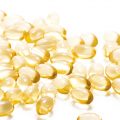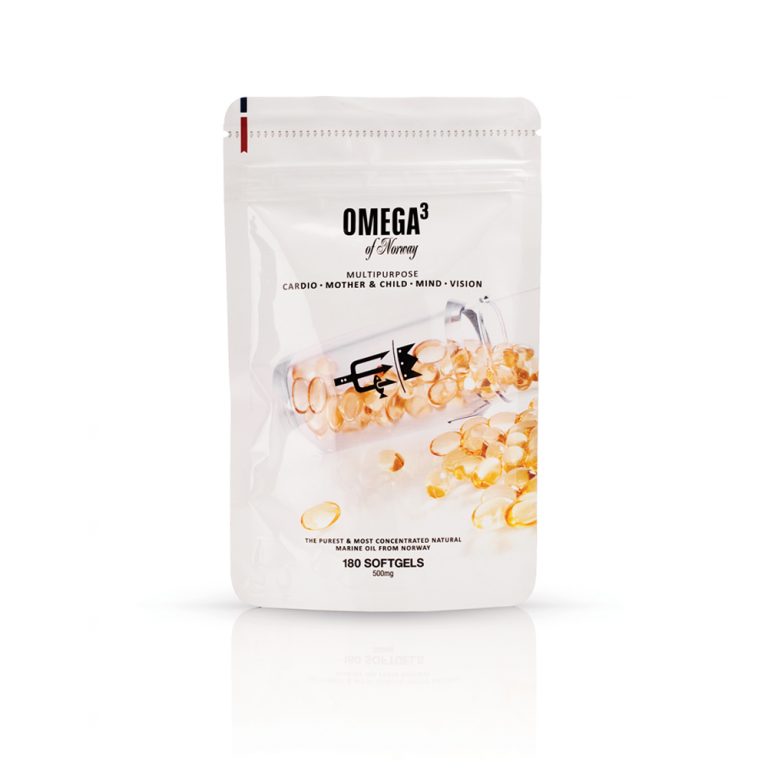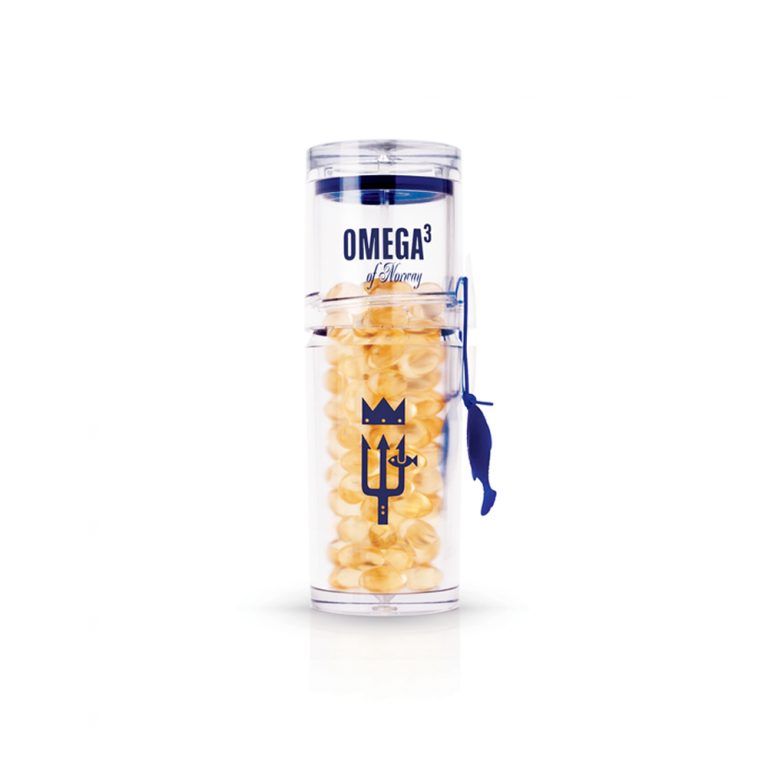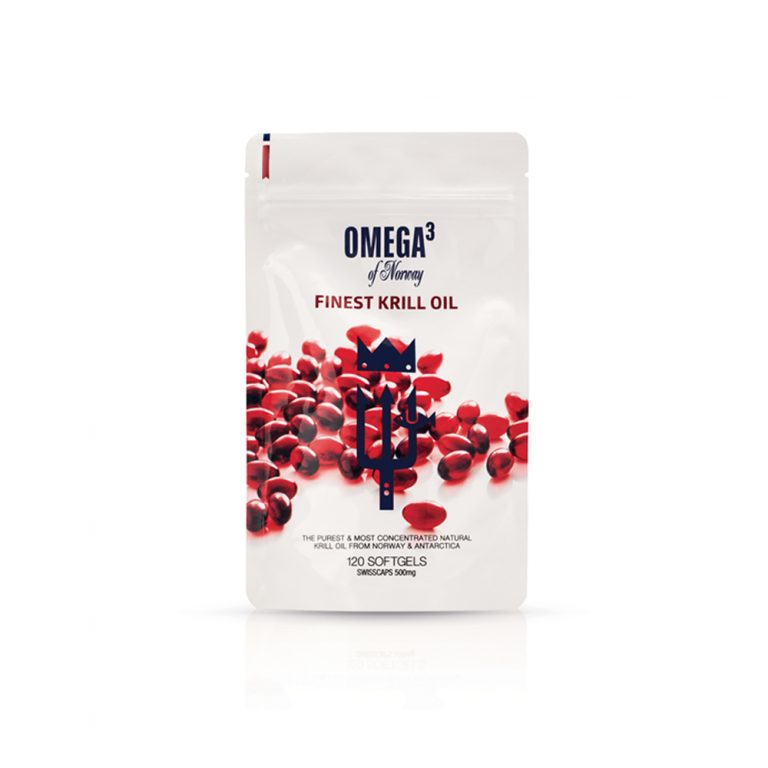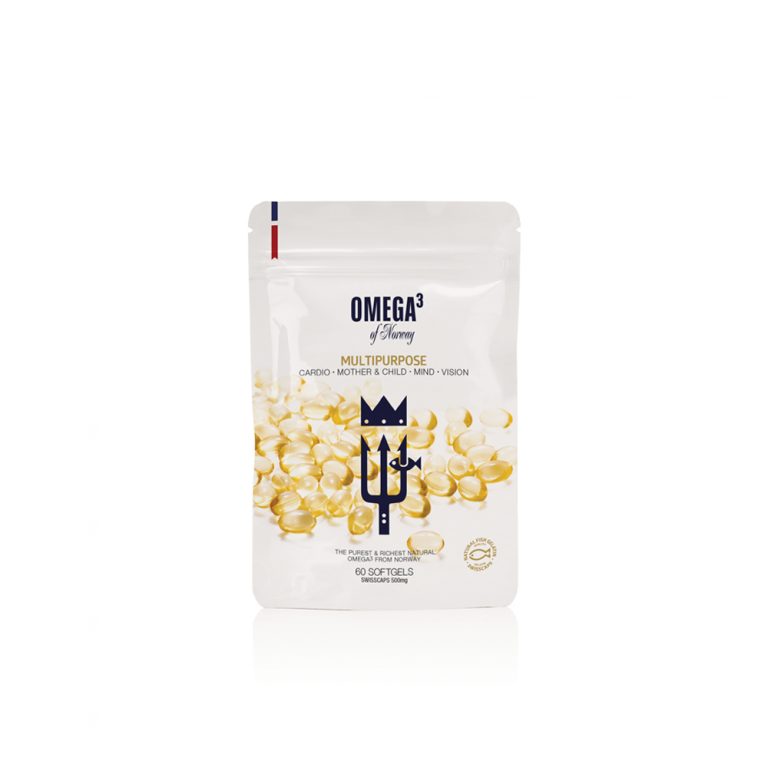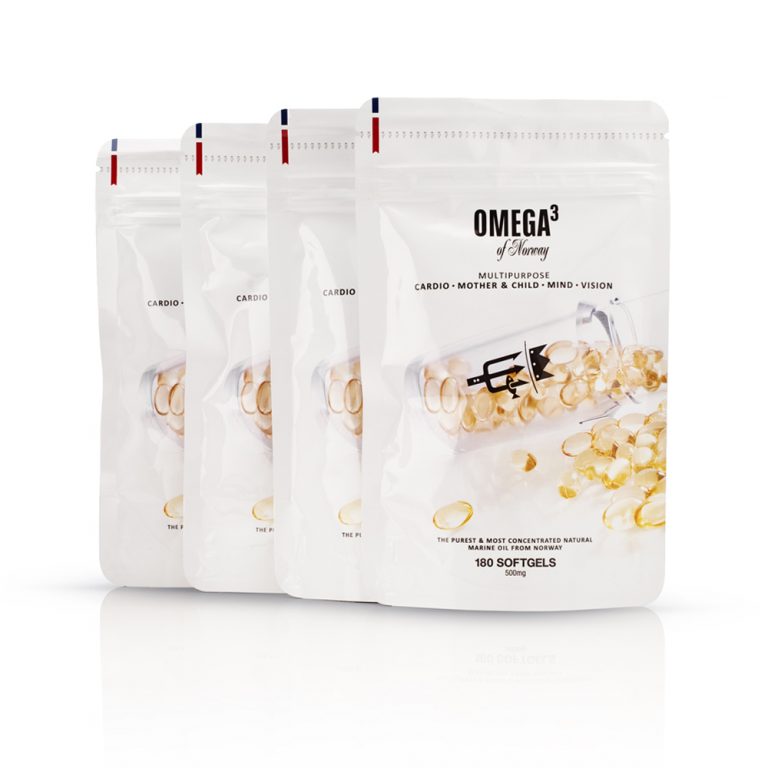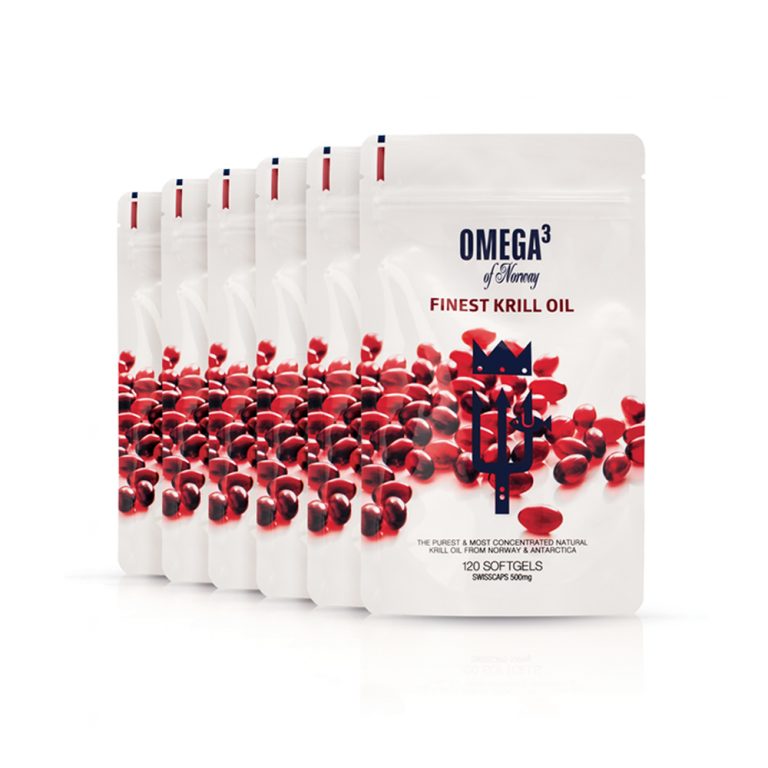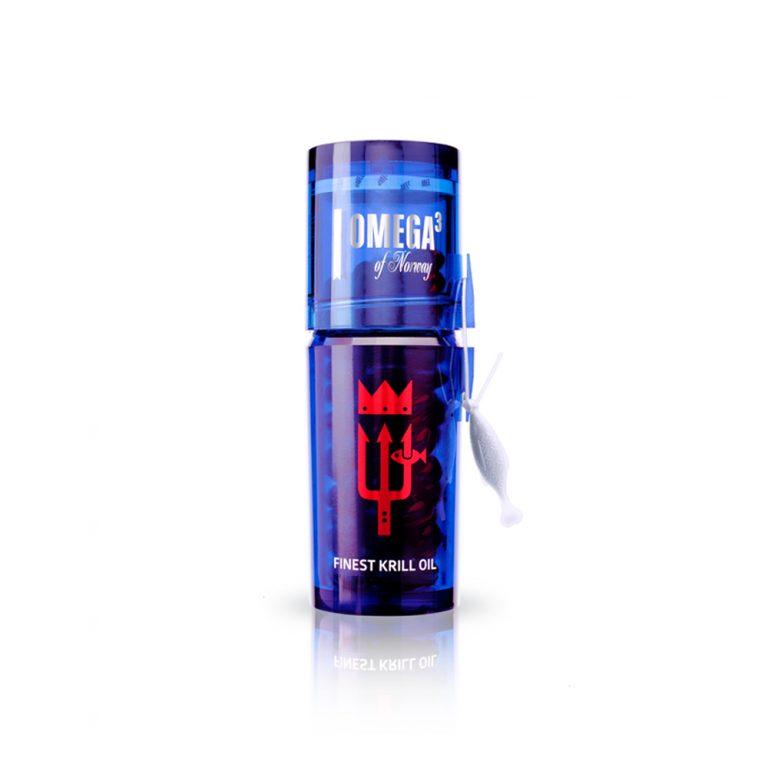We have spoken about the benefits of Omega-3 fatty acids and focused mainly on heart health benefits, but they do much more in our body than just ensure our blood flows smoothly. Next to its impact on our cardiovascular system, Omega-3 fatty acids also play a role in our immune system and help our muscles recover after strenuous exercise. But consuming Omega-3 fish oil is not a recent trend, in Norway it has been part of family life for almost 200 year and is an intrinsic part of many people’s daily routine.
Tradition and quality
Consuming Omega-3 fatty acids has been part of Norwegian culture for a long time and its beneficial health attributes have been recognized for generations. Omega 3 of Norway can look back on over 170 years of experience in refining wild water omega-3 marine oils and therefore produces a high quality product with the best possible benefits for your body and mind.
The Omega-3 of Norway fish oil and krill oil products are manufactured by using two separated patented purification processes to reach the highest possible levels of EPA and DHA fatty acid concentration. Additionally, Omega 3 of Norway only sources wild water fish from the cleanest oceans and processes them in a state-of-the-art facility in Alesund on the West Coast of Norway. Our Omega-3 was also the first to be recognized by the sustainable seafood association, Friends of the Sea and exceeds EU and international standards.
If you want to learn more about our wide range of products, head over to our Shop and find out more!
Muscle Recovery
Tarjei Bø is a top athlete and Winter Olympic Champion for Norway’s biathlon team. In his training and preparation for big events, he and other athletes rely on supplementing their diet with Omega-3 fatty acids to ensure their muscles recover quickly and their bodies are ready to perform at their highest level.
The essential fatty acids EPA and DHA that make Omega-3 fatty acids so important to our body cannot be produced by us so we rely on external sources for those important components. While we can consume Omega-3 fatty acids through a variety of different foods, it can be hard to reach the daily recommended dose so it might be beneficial to look into taking a high quality food supplement, such as the range of products by Omega 3 of Norway. Exercise can cause inflammation in the muscle and the anti-inflammatory properties of Omega-3 fatty acids help cope better with this. Studies have additionally shown that a consistent intake of Omega-3 prevents athletes from losing muscle during extended breaks or periods of recovery.
Omega-3 and our heart
The cardiovascular system is the central machinery of our body and a complex system with many components. Omega-3 fatty acids can contribute to lower the risk of heart diseases because of their impact on our blood pressure. High blood pressure can be caused by the hardening and narrowing of blood vessels by the building up of a substance called plaque in the arteries. This causes them to stiffen and get more narrow, which can lead to higher blood pressure. The fatty acids EPA and DHA that occur in Omega-3 fish oils for example can contribute to combatting this build-up of plaque and therefore have a positive impact on keeping our blood pressure low. Additionally, the anti-inflammatory properties of Omega-3 not only have an impact on muscle recovery but can also prevent damage to blood vessels that can lead to heart disease. Omega-3 fatty acids have also been shown to have anti-arrhythmic properties and therefore help regulate the heartbeat and keep it steady.
Supporting our immune system
The immune system is responsible for keeping us healthy and protecting our body against a wide variety of diseases and viruses. One of the reactions of our body against a disease can be inflammation, where body temperature rises to kill off bacteria. Such inflammations are normally short term responses only, that the body uses to protect itself from injuries. However, when we are under constant stress, chronic low-grade inflammations can develop in our system. These are hard to detect and notice but are nonetheless detrimental to our health. Additionally, research has shown that inflammation of this kind can contribute to some age-related illnesses. Omega-3 fatty acids have natural anti-inflammatory properties and can therefore support our immune system in its work.
Our modern day diet rich in red meat and saturated Omega-6 fatty acids can cause hormonal imbalances which can result in ongoing inflammation. Marine based Omega-3s, and EPA in particular, have been proven to have anti-inflammatory properties and it is important to keep in mind the Omega-6 to Omega-3 ratio of our diet.
Skin and beauty
Omega-3 fatty acids are essential parts of our cell’s membranes and are therefore involved in their construction and reparation. The cell membrane protects the cell from harmful substances and also allows nutrients and waste to move in and out of the cells. Strong and healthy cell membranes are also important for the cell’s capacity to retain water. Ensuring that we consume sufficient amounts of those fatty acids can therefore help improve the elasticity of our skin, hair and nails and improve their appearance. Because of that, Omega-3 can boost the hydration of skin, hair and nails and its anti-inflammatory nature can help keep a range of skin conditions under control. They also help regulate the oil production of our skin and therefore prevent drying out and flaking of the skin.
With the skin being our primary barrier to the outside world, healthy skin cells also help with protecting us from UV rays and free radicals that can cause damage to us. The antioxidant properties of Omega-3 fatty acids play an important role in this protection mechanism. Because they are part of the cell membrane, those essential fatty acids that can be found in Omega-3 fish oil supplements also contribute to the exchange of messenger substances between the cells and are especially important for the cells in our brain.
A well balanced diet is key
So with all this information, it is easy to see why Omega-3 is beneficial for us. While it is possible to consume the recommended quantity of Omega-3 fatty acids through food, it can be easier and more beneficial to include a high quality food supplement in our diet. This helps us keep our reserves of Omega-3 full and our bodies fit and health. Head over to our Shop to find out more about our range of products and for more information, check out our Blog!




